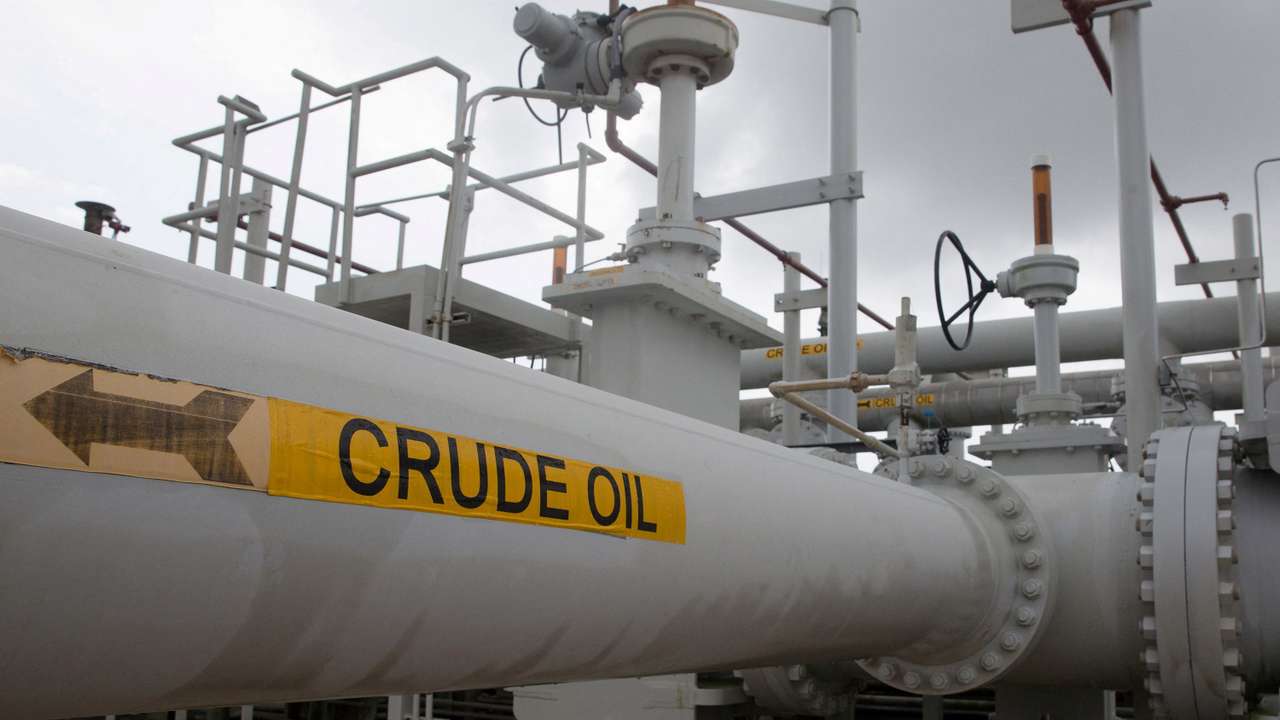U.S. dominance in crude oil export to last a decade as OPEC crashes, expert says

The United States has gradually moved from being a net importer of crude oil to a major exporter owing to the “fall” of the Organization of Petroleum Exporting Countries (OPEC) which has transformed the U.S. energy sector.
According to oil and gas expert Dean Tavakoli, the picture is larger than the recent Russia-Ukraine crisis which has weakened the production power of Russia. He gave a historical background to the phenomenon in an interview with GSW.
“It goes all the way back to 1970s when the OPEC had an embargo on Western countries. The U.S. started to rethink their energy policy... They started working on fracking and a new technology on drilling to be able to distract this unconventional reserve they had.
“Fast forward, now that the U.S. is not the net importer and is one of the main and actually larger than Saudi Arabia at the moment as a crude producer, they need to have a market. I'm not saying this as a conspiracy theory, but all the data are pointing to this because, one, Russia cannot export anything to Europe,” he said.
Dean Tavakoli, the CEO of Sea Enerji, a petrochemical trading company based in Turkey, also highlighted the effect of the “complicated” relationship between the U.S. and China which has affected their market in Asia but created a monopoly for crude oil export to Europe.
“The second thing is, now that we have this new producer, United States, they need to have a market. What's the best market that they can participate in? Very slowly, but, steadily, they start exporting to China. But because their relationship is very complicated, I don't think both countries are very keen to have a major relationship in the energy sector. And then the next main importer is India. But then India has a disadvantage of distance and logistics. So the only market that was left for American producers to be able to participate was the European market,” he said.
He explained the dynamics of the sanctions on Iran and Russia and how it favoured the United States in its quest to become a major crude oil exporter.
“If you look back then, Iran as one of the main producers was sanctioned. None of the European countries can purchase crude from them. There was only one competitor left for the United States and that was Russia. I'm not saying there was any coordination, but the way the events happened was largely in favour of the American producers. They started selling crude oil to Europe. They started selling natural gas to Europe. They would make double the profit. They would increase their prices by 200%.
“If you look at whoever is left in OPEC, even Saudi Arabia has reduced their export to Europe. They noticed that this shift is happening and they don't want to face challenges, that’s competition with the U.S. They are now shifting to the Asian market and their main reward in the crude market is China and India. And then, there is enough room for other producers to be able to sell to the Chinese market and the Indian market as they leave the European market for America,” he said.
Dean Tavakoli believes OPEC has lost its power in the market and the U.S. dominance will be sustained for the next decade.
“I think the most important thing is that OPEC is dead, from the point of view that we don't have a strong relationship between OPEC members anymore. And, countries are leaving OPEC… Now Americans are heavily investing in their energy sector… Now the only major OPEC members are Saudi Arabia, Iraq and Kuwait. Iran and Venezuela are not even close based on the production numbers, and there are rumours that the UAE might leave, OPEC very, very soon. So we don't have OPEC anymore.
“What I see is that we will see a big presence of America in the energy sector and, all these, minor, I mean, minor situations will keep the prices as high for a very long time but not high enough… We will see this domination from America for the next decade or so,” he added.
In 2023, U.S. crude exports surged pushing down oil prices in Europe and Asia, proving a key source of supply as producers cut output and sanctions on Russian crude disrupt trade flows.
U.S. crude exports have averaged 4.08 million barrels per day so far in 2023, up from an average of 3.53 million bpd in 2022, according to the Energy Information Administration.
Dean Tavakoli is a senior executive who possesses over a decade of extensive global quantitative investment experience. He has recently held multiple roles as the leading management figure of Sea Enerji while also serving as a strategic advisor for the Middle East Oil and Gas. Read his latest publication titled Crude Oil, new landscape.
Watch the interview below